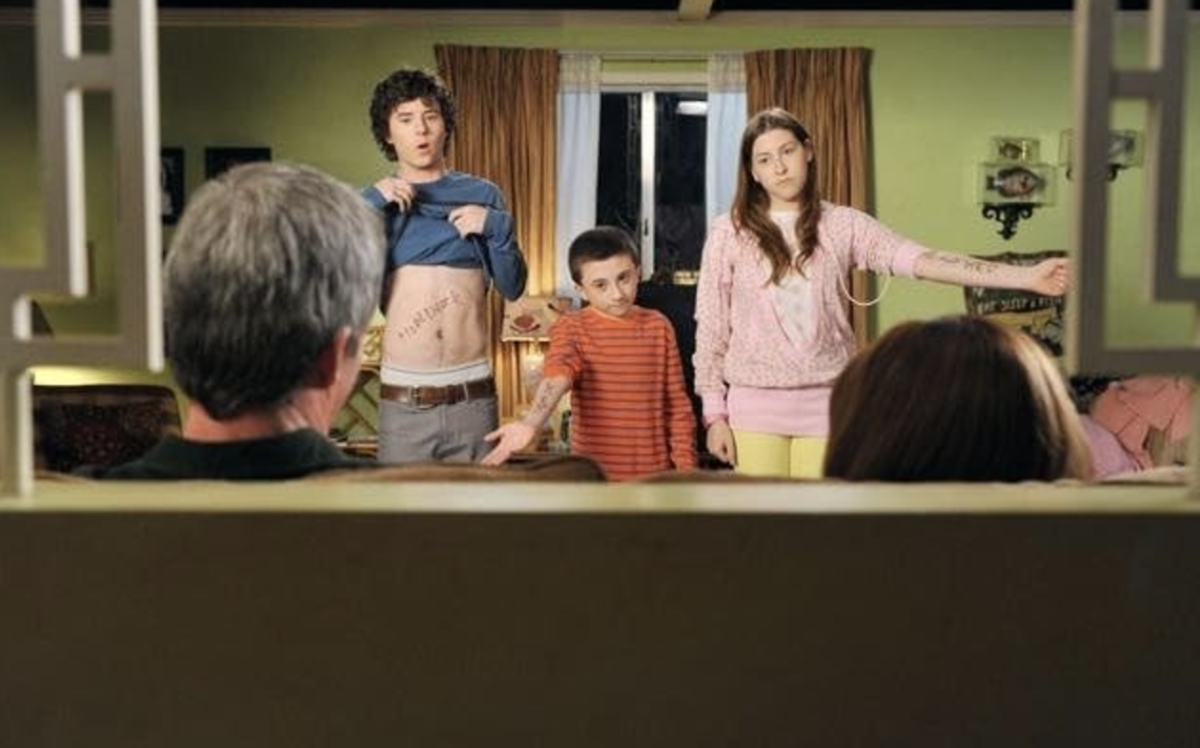
NBC’s “The Office” has been one of the most popular and well received sitcoms in television history. The first five seasons of the series seamlessly blended laugh-out-loud humor with meaningful stories and provided a memorable 22 minutes with each new episode.
The past three seasons of the show, however, have slowly tarnished the legacy of the series.
The lack of quality coupled with the recent departure of star Steve Carell has brought “The Office” to the point of expiration.
“The Office” is based on the Ricky Gervais and Stephen Merchant BBC series of the same name. Both series offered the same formula – and essentially the same pilot episode – of a mockumentary-style look at a typical day in the life of office workers. Critics were at first skeptical that the American version of “The Office” would be able to separate itself enough from its British counterpart, and would be nothing more than a direct remake. Apart from the pilot episode, this was no issue for the American “Office.” The writing staff and cast were able to put their own take on the characters and plot to make it their own.
Unlike the British “Office” – which ran for just 14 episodes – the American version did not make the decision to end on its own terms and on the top of its game. This is a microcosm for the fundamental difference between American and British television. Most British series tend to run for three seasons or less with just a few episodes in each season. The British television system may not bring the most lucrative long-term financial gains, but it does keep the ratings high and the quality consistent.
A smaller number of episodes keeps the storyline interesting, as the writers have less gaps to fill and must accomplish everything they set out to do in a shorter amount of time. This reduces the number of pointless “filler” episodes that do nothing to drive the narrative of a series forward, but only exist to add to the total number of episodes per season.
American television, for the most part, looks to remain on the air year after year and to showcase as many episodes per season as possible. Production companies look beyond the initial TV broadcast, as they know that a thriving DVD market exists after the completion of each season.
Because of this thought process, series drag on long after they should. This is especially the case for network television series, like “The Office.” American premium channels like HBO and Showtime are the closest American television can come to the British style. These channels usually provide fewer seasons that consist of 12 or 13 episodes as opposed to the 24 seen with network programs.
“The Office” is a perfect example of what the issues of this system can lead to. Characters have completely changed from who they were in earlier seasons, and not because they have experienced transformations, but because the writers have run out of material. Jokes are reused and recycled. The viewer is left asking why the documentary crew following the characters needs eight-plus years of footage and interviews to make whatever film they initially intended on making.
The major problems with “The Office” arose even before Steve Carell’s Michael Scott – one of television’s most compelling characters to ever grace the small screen – left to live with his girlfriend, Holly. The writing on the wall could be seen as early as the fifth season, which pushed the disbelief factor of the series too far.
A tremendous post-Super Bowl episode and a nice story arc in the spring saved the season from being disastrous, but the issues were glaring. The humor was much more over-the-top and forced, and it was becoming clear the writers were compensating the lack of new material with crazier situations. This led to the atrocious sixth season, which offered no memorable plot points and humor that was far and away from the level that was offered in earlier seasons. Carell left the following season after the expiration of his contract. With his absence, the show has come to the point of being almost unwatchable.
It is a common theme for fans to point to the characters Jim and Pam and their marriage as the beginning of the show’s demise, as their will-they-won’t-they story-line from the first three seasons was one of the major reasons audiences kept coming back. This could not be further from the truth, as more seasons dedicated to these two people eventually coming together would have become tired and frustrating if dragged out any longer. Their relationship was inevitable, and the writers were smart to end the debate and place them together at the start of the fourth season. The problem is not that the two are together, but instead who they have become.
Pam was the shy, cute receptionist who is now the girl at work who thinks that she is better than everyone else. Jim was energetic and ambitious, but the same rote position has left him bored and unmotivated. Who can blame him? He is an overqualified employee who has been working at the same job for over eight years. Perhaps if the series ended sooner, the audience could have seen Jim move on, or at least have the hope that he still had the capability to move up in the world. At this point in the series, viewers have no expectations for Jim to make something of himself, or for Pam to become likable again.
These are just two characters that have become something else entirely on “The Office.” Andy Bernard was an unpredictable ticking time-bomb who created several laughs. He is now a much safer character that is only a little bit smarter than Michael. The writers drop and create sub-plots so fast that it is hard to remember them or understand their purpose. What once made “The Office” great is no longer there, and it has been gone for years now.
If NBC had been smart, they would have scheduled the end of “The Office” with Carell’s departure. Many felt Carell had become the only reason worth watching the show, and the so far lifeless eighth season has proven them right. Most of the major plot lines have been concluded, and everything has become far too formulaic.
James Spader, who joined the cast after Carell left, is already making his own exit at the end of this season. NBC has not yet picked up the option for a ninth season, and nor should they. NBC has comedies like “Parks and Recreation,” “Community,” “30 Rock” and “Up All Night” that are showcasing much stronger humor and compelling characters.
“The Office” had an excellent run, but there is nothing worth bringing it back. It is only further destroying what was accomplished in earlier seasons.
Kevin Romani can be reached at [email protected]. Follow Kevin on Twitter @KevinRomani.


















